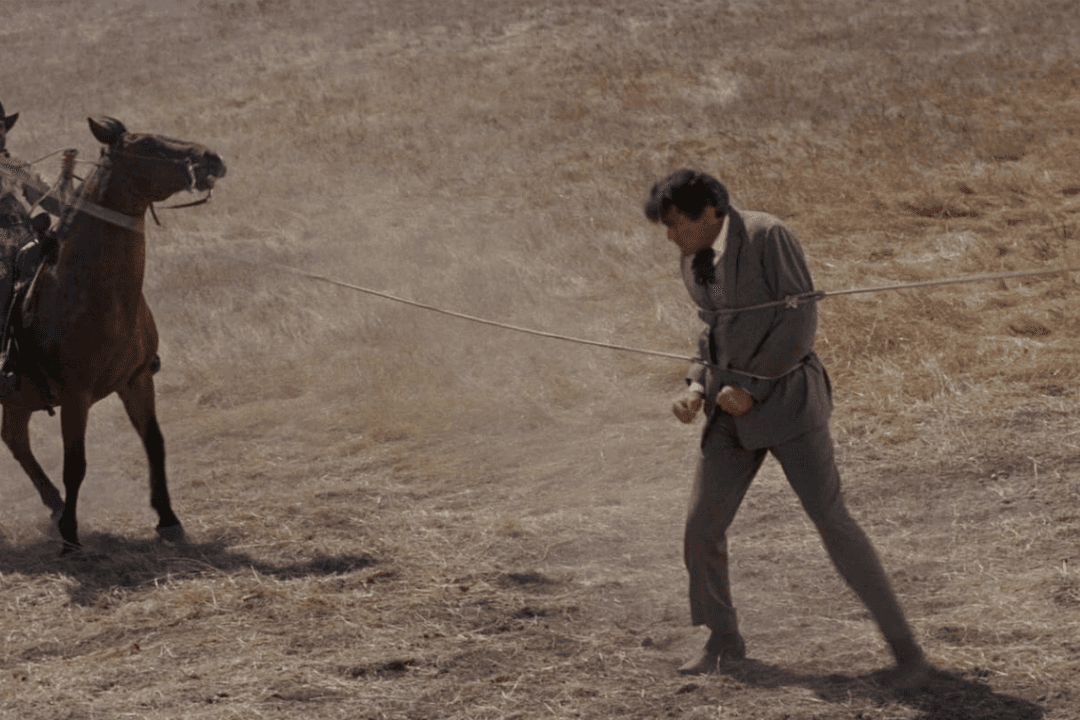NR | 2h 46min | Western | 1958
“There’s some things that a man has to prove to himself alone, not to anyone else.” In the 1958 Western film “The Big Country,” lanky James McKay (Gregory Peck) quietly utters these words to his fiancée when she doesn’t understand why he refused to prove his horsemanship skills on an unbroken stallion and, later, fight a man who called him a liar.






